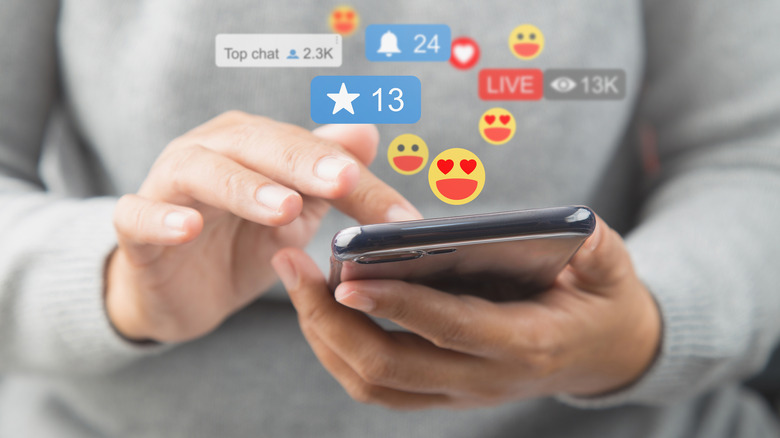Here's What Your Emoji Use Says About You, According To Science
Emojis may seem like a visually appealing representation of our emotions, but the way people use them is not always straightforward. Sometimes, emojis to depict an obvious emotion, but there are also scenarios where similar emojis are used to convey different feeling depending on our psychological state and who is the person on the other end of the online conversation. In a nutshell, emojis might lead users down a path where they lose touch with their authentic feelings.
The aforementioned findings come from experts at the University of Tokyo, who studied the usage pattern of Simeji, the most popular emoji keyboard in Japan. One of the most startling findings that came out of the study, which has been published in Frontiers in Psychology, is that there can be a stark difference between what you are expressing using emojis and what you are really feeling inside. A recurring pattern is that emojis are "euphemistic" in nature, which means their real emotional meaning varies based on the context.
For example, the smiling emoji is used to convey real joy, but at the same time, users also deployed this emoji to hide negative emotions or de-escalate a tense situation. According to the study's experts, this disparity between real-life experience and the selected expression can lead to emotional exhaustion. In fact, negative emojis were only used in fringe scenarios where the negative sentiments about a person or situation were extremely negative.
Emojis can be a tool of deception, too
Touted to be the first study of its kind that looks at the mental health of smartphone users and how they handle and express their emotions using emojis during conversations, the experts conclude that "expressing emotions with emojis was associated with subjective well-being, whereas managing emotions with emojis was weakly associated with depressive symptoms."
However, there are drawbacks of the research that keep it from becoming a global behavioral analysis of smartphone users who engage with emojis.
For example, the Simeji keyboard that was assessed as part of the study is far from the most popular keyboard app out there, regardless of the mobile platform. Second, an overwhelming number of study participants were women, which according to the research paper, not only raises a gender bias red flag, but also fails to address the visibly different nature of emoji usage by both genders in different emotional states.

